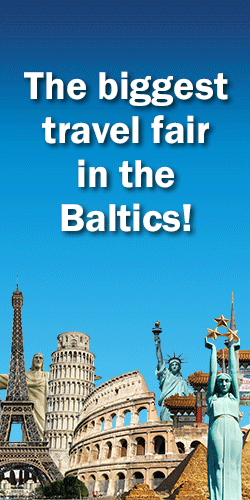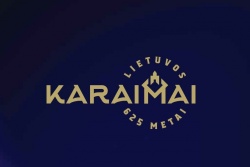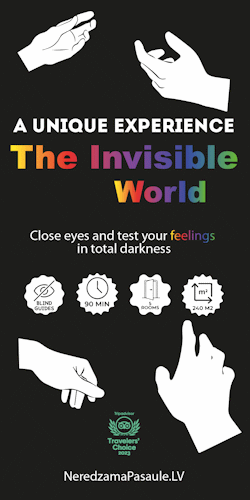Author: Alise Bethere
Source: airbaltic.com
Latvian airline airBaltic announces that in May 2022 it plans to launch a new NFT (non-fungible token) collection called Planies, consisting of 10 000 unique cartoon aircraft designs. The NFT holders of the collectables will be able to receive airBaltic Club points and other loyalty program benefits.
Martin Gauss, Chief Executive Officer of airBaltic: “We have seen a high interest in our initial NFTs, the airBaltic City Collection, and now we are taking the next step. By providing additional benefits like frequent flyer points or certain vouchers, we give added value to the collectors. It is the first step towards preparing the airBaltic Club loyalty program for crypto tokenization in the future.”
Reklāma
“With Web 3.0 arriving shortly, airBaltic is preparing to develop token-based economics for its frequent flyer program. The NFT technology will help to further digitalize processes not only within our loyalty program, but also in various other airline processes, thus reducing costs and making our work easier. The different NFT Planies will also be featured in the on-board entertainment materials for kids and youngsters, as well as in airBaltic’s advertisings,” Gauss added.
A Planie will be a collectable NFT consisting of a unique cartoon artwork of an aircraft with different traits, such as mouth, eyes, wings and engines etc. A total of 10 000 unique Planie NFTs will be issued on a dedicated website. After the initial minting, it will be possible to collect or trade them on the OpenSea marketplace.
airBaltic is well known as an airline of innovation among global carriers. Since 2014, airBaltic is the first airline in the world accepting Bitcoin and other crypto currencies to purchase flight tickets. Later in 2021, airBaltic became the first airline globally to issue non-fungible tokens (NFTs). So far, the company has issued nine editions of the airBaltic City Collection, available at https://opensea.io/airBaltic.
To publish this article please contact BalticTravelnews.eu editorial board






.jpg)

